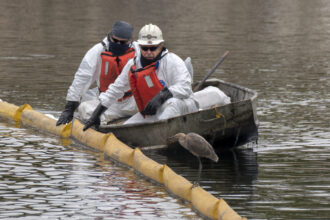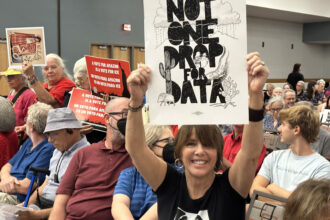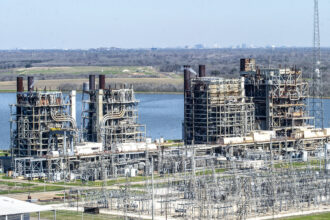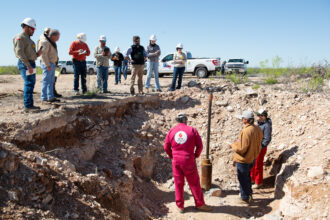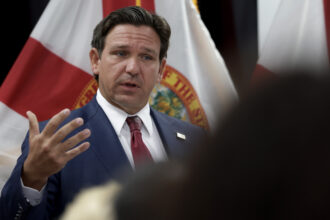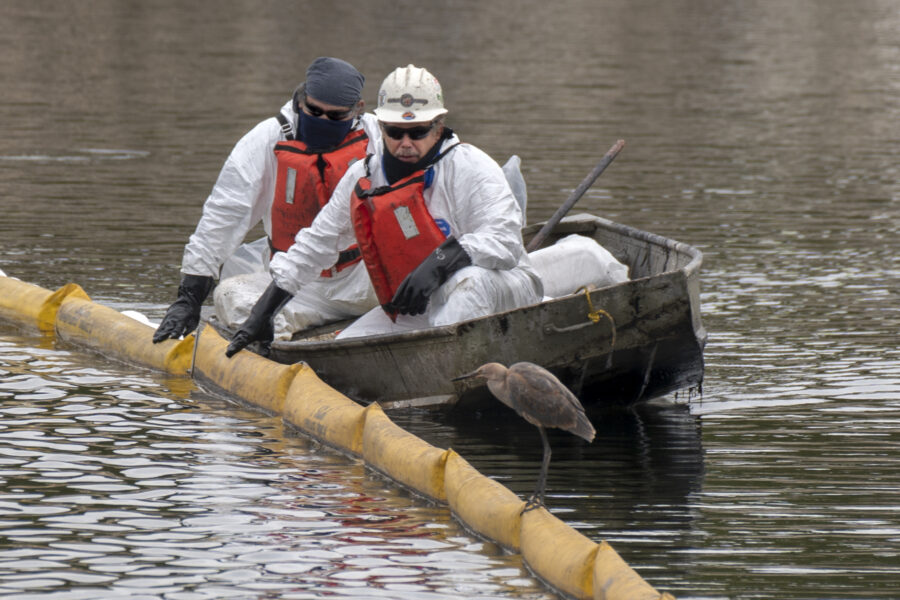Houston-based Dynegy has decided to dissolve its joint venture with LS Power and yank the plug on five of its seven proposed coal-fired plants. The reason is that pending federal carbon regulation will continue to force investment away from dirty and increasingly expensive coal.
According to Dynegy’s press release of January 2, the landscape for new coal development has "changed substantially" since the company linked up with LS Power. Today’s market, it wrote, is "increasingly marked by barriers to entry including external credit and regulatory factors that make development much more uncertain."
The Dynegy-LS Power alliance was formed only in 2006, an indication of how fast things are moving in the world of fossil fuels — and in the right direction.
Up until last week, Dynegy, which was branded the "king of coal" by the National Environmental Trust in 2007, had more new coal plant proposals than any other company in the US.
Beginning in February 2008, The Sierra Club sought to change that with a new campaign designed to apply grassroots and legal pressure on Dynegy to kill its coal-fired plans. In May 2008, leading global financial research firm Innovest Strategic Value Advisors added its weight to the movement with a new report, Dynegy: Coal Expansion Poses Risk to Shareholders.
Innovest found that the company’s proposed coal expansion could result in annual CO2 allowance costs of between $880 million and over $2 billion, assuming CO2 costs of between $21 and $48/tonne. And that means:
…the risks of Dynegy’s proposed expansion could prevent it from achieving a profitable return on its investment. As a result, Dynegy’s shareholders will likely be exposed to significant risks.
About a half a year later, on December 10, Dynegy announced that it was "rethinking" its coal investments. The speed at which it officially dumped most of them — just a few weeks later — is testament to the heightened power of opponents of dirty coal in America. The coal sludge calamity in Tennessee on December 23 — a PR disaster for the industry — was also a likely factor in Dynegy’s decision, on top of the climate-friendly administration that will soon take over the White House, and of course new leadership at the EPA.
What’s ahead? First of all, LS Power will continue to pursue the team’s coal projects in Arkansas, Georgia, Iowa, Michigan and Nevada. The Sierra Club isn’t concerned. Says Coal Campaign Director Bruce Nilles in the organization’s press release:
LS Power has not developed or operated coal plants, and as they stand alone now we encourage them to shift their investments into cleaner alternatives like wind, solar, and efficiency that can create new jobs and economic opportunity while cutting pollution, improving public health, and helping solve global warming.
And:
Sierra Club will continue to challenge Dynegy’s remaining proposed plant in Texas (Sandy Creek). The construction of another coal-fired power plant would be a giant step backward, so we will encourage remaining utilities to abandon their dirty plans and to invest instead in clean energy solutions.
The Dynegy decision was a sweet victory. But with some 80 new coal plants still in the works, the fight has clearly just begun.
About This Story
Perhaps you noticed: This story, like all the news we publish, is free to read. That’s because Inside Climate News is a 501c3 nonprofit organization. We do not charge a subscription fee, lock our news behind a paywall, or clutter our website with ads. We make our news on climate and the environment freely available to you and anyone who wants it.
That’s not all. We also share our news for free with scores of other media organizations around the country. Many of them can’t afford to do environmental journalism of their own. We’ve built bureaus from coast to coast to report local stories, collaborate with local newsrooms and co-publish articles so that this vital work is shared as widely as possible.
Two of us launched ICN in 2007. Six years later we earned a Pulitzer Prize for National Reporting, and now we run the oldest and largest dedicated climate newsroom in the nation. We tell the story in all its complexity. We hold polluters accountable. We expose environmental injustice. We debunk misinformation. We scrutinize solutions and inspire action.
Donations from readers like you fund every aspect of what we do. If you don’t already, will you support our ongoing work, our reporting on the biggest crisis facing our planet, and help us reach even more readers in more places?
Please take a moment to make a tax-deductible donation. Every one of them makes a difference.
Thank you,





